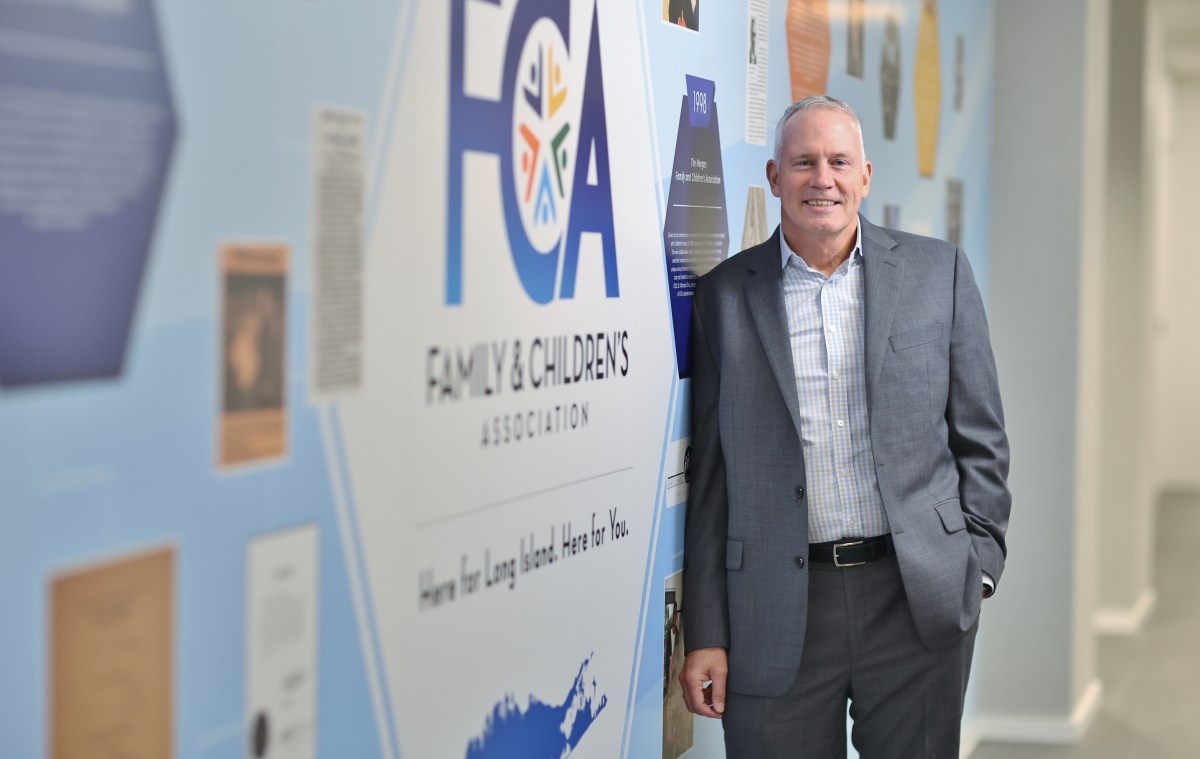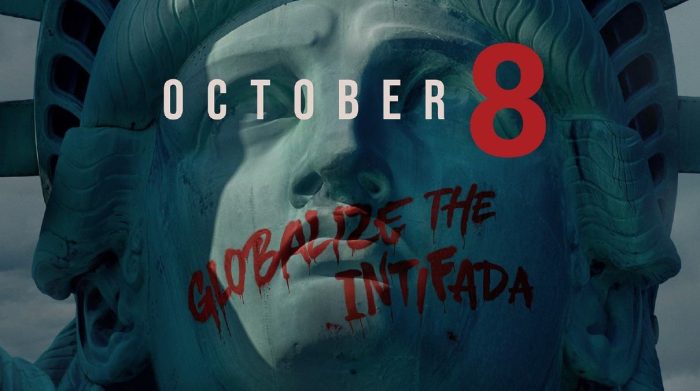Last week President Donald Trump announced an immediate freeze on all federal funding that sent local organizations into a tailspin as they scrambled to figure out the impact of these sudden lack of funds.
While the order was blocked in federal court later that day, pausing the funding freeze minutes before it was to take effect, the threat still looms over many organizations which are bracing for the possibility.
The Family and Children’s Association has been around for 140 years, surviving a couple of world wars, the great depression and the COVID-19 pandemic. Family and Children’s Association Chief Executive Officer Jeffrey Reynolds said they’ve persevered through it all but the federal funding freeze is new territory for them.
Reynolds pointed out that “10,000o people would one day have services and the next day wouldn’t” as he he warned about the consequences of the order.
“At a time when we’re finally making headway in the opioid crisis and reversing fatalities, at a time when there’s a record number of suicides among young people, those people would be left on their own and without services,” he said.
New York State Attorney General Letitia James joined a coalition of attorney generals to combat the order through another filing in federal court in Rhode Island. The court granted a pause on Jan. 31 to the freeze.
“This administration’s reckless plan to block federal funding has already caused chaos, confusion, and conflict throughout our country,” James said. “In the short time since this policy was announced, families have been cut off from childcare services, essential Medicaid funds were disrupted, and critical law enforcement efforts were put in jeopardy.”
Federal funds awarded to the state that could have been cut included $290 million for counter-terrorism, $66 million for the Meals on Wheels program, $368 million for homeless shelters, $15 million for food banks and $60 billion in Medicaid grant funding, according to the office of U.S. Sen. Kirsten Gillibrand (D-NY).
For Long Island’s Family and Children’s Association, a nonprofit that aids families, children, seniors and communities through a variety of services, the funding freeze meant slashing about $6.5 million, or a quarter of its annual budget, in an instant.
“There are no easy solutions,” Reynolds said about ways to come up with these funds. “There’s no margins, there’s no profits.”
Family and Children’s Association this year receives about $2.5 million in direct federal funding and another $4 million indirectly from the federal government through the state and county, Reynolds said.
These federal funds go towards about 70 social workers at the Family and Children’s Association, Reynolds said. The 70 positions, which make up a fifth of the organization’s staff, are responsible for providing services to about 10,000 Long Islanders.
The biggest programs that would be hit include addiction treatment and recovery services, mental health services, youth and senior programs.
Reynolds said the block on the freeze has let him have a sigh of relief, but only for a moment. Now his concern is about the potential continued threat against the services provided by the Family and Children’s Association.
He expressed concern about what a lack of faith in these program’s permanence can do to the staff who provide them and the individuals who seek them.
Reynolds said this has led to some “soul searching” at the Family and Children’s Association.
The order is expected to be extended in court on Feb. 3 by U.S. District Judge Loren L. AliKhan in Washington, but would still be blocked under a temporary measure.

































